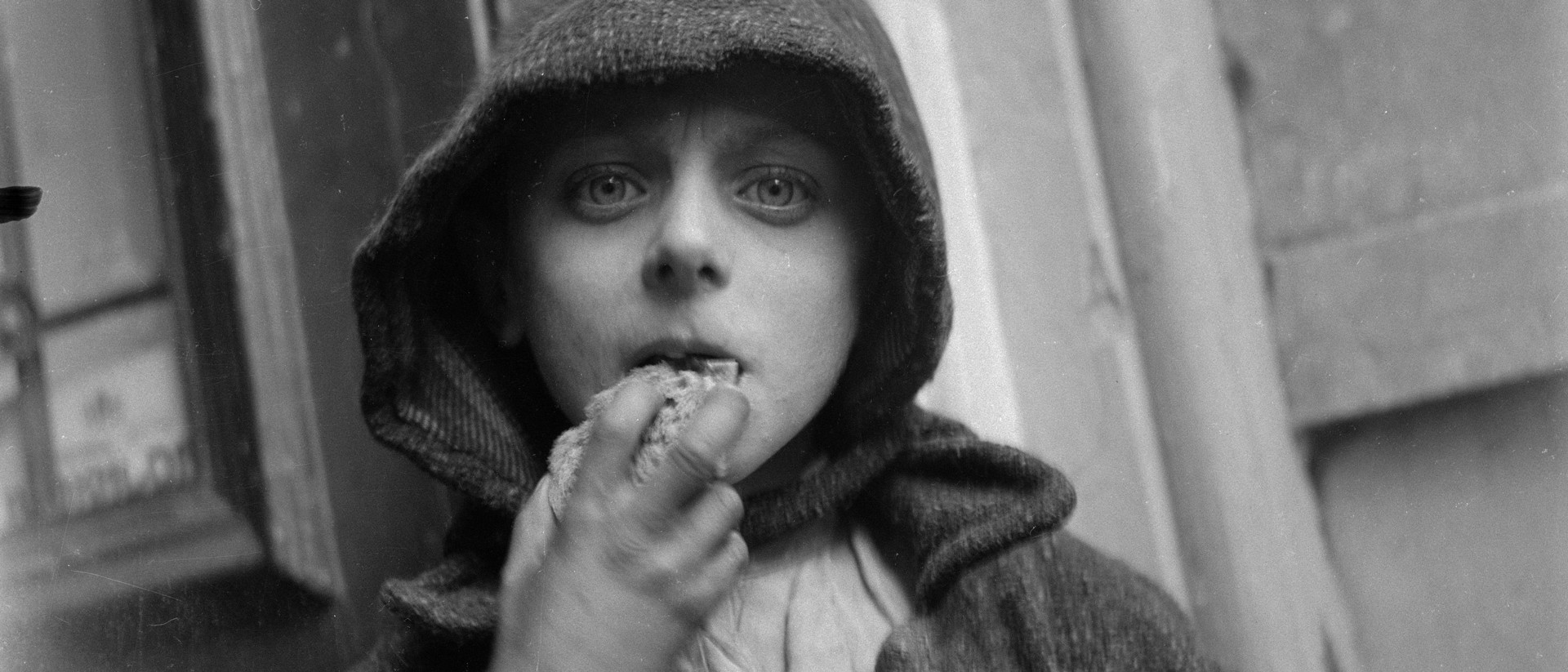
. . .but whose delight is in the law of the Lord,
and who meditates on his law, day and night. Psalm 1:2
Those who remember often call it “the hunger winter” because, in the cities at least, there simply was no food. Only the farmers had something to eat—their own produce, of course—and every day, people say, the roads out into the Dutch countryside swarmed with city-dwellers in stumbling need of food. Without any provisions, some ate their cats and called them “roof rabbits.” People did everything they could to secure what they needed to stay alive.
By late April, nothing was functioning. Schools weren’t open, businesses had little to trade, government was non-existent. Liberation was coming, and people knew it; but the Allies weren’t yet there.
That’s the setting for a story a woman once told me about herself, her mother, and a block of cheese. Somewhere the province of Friesland, the Netherlands, where the Nazis were fleeing the advance of the Allied front, a train was left abandoned, and along with it an entire boxcar full of fresh cheese. Once it was clear that Germans were gone, the townspeople commandeered that train and everything in it, and dispensed the cheese to townspeople who hadn’t eaten that sumptuously for more than a year.
The woman who told me the story was a girl back then, one of those who’d spent most of her days looking for food during the hunger winter. She got herself a block of cheese, she said, and, convinced what she’d been given was a miracle blessing, she lugged it home to her widowed mother.
Her mother took one look at the cheese and sent her back to the train. “To take the cheese is to give in to chaos,” she told her.
And so the girl walked back, placed that cheese like a sacrifice in the empty boxcar, and left, very much alone.
That’s what she remembered. That’s what she couldn’t forget.
Her mother’s behavior has understandable logic. What she feared more even than hunger was the madness of lawlessness, of chaos, of a life where disorder rules, as it can only do, insanely.
It’s difficult for an old late-60s character like myself to believe the Psalmist took real delight in a scowling endless series of “thou-shalt-nots.”
But what the law gave the people of Israel was order. What it kept at bay, or so it seems to me, was chaos—both collectively and individually. What the law gave the Psalmist was a way of life designed by the God of their deliverance, the God of their freedom. The law made life manageable and livable, gave direction and purpose.
It was, after all, that God's own Word.
In our context, we love to blame the government for nearly everything. It has been a successful political strategy for some, but ignores the necessary and vital role that government plays in our lives. What is even worse than bad government is no government. The world has too many examples of both situations.
ReplyDelete